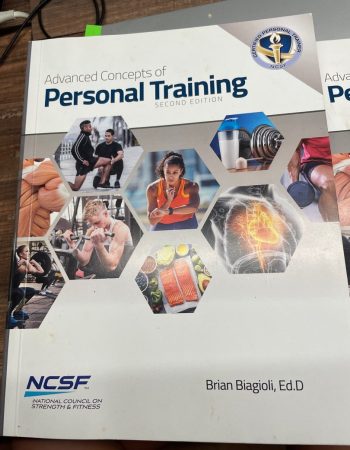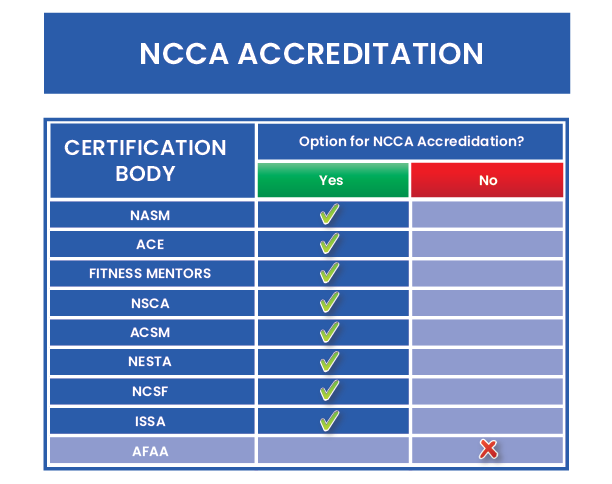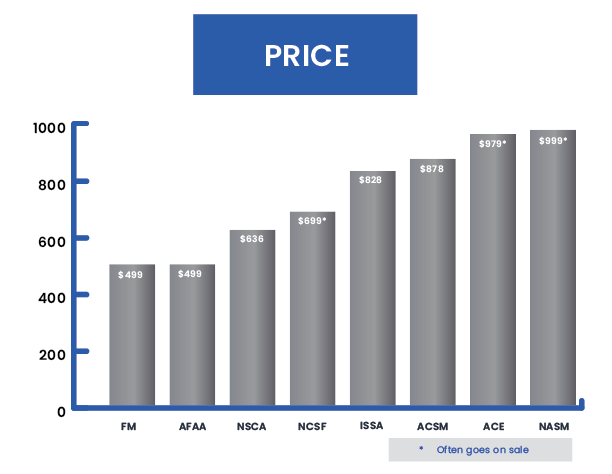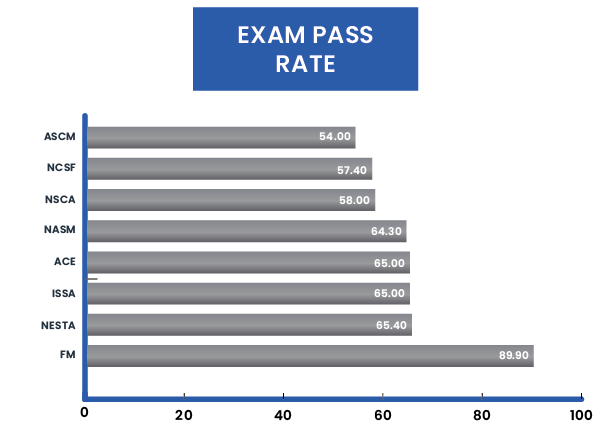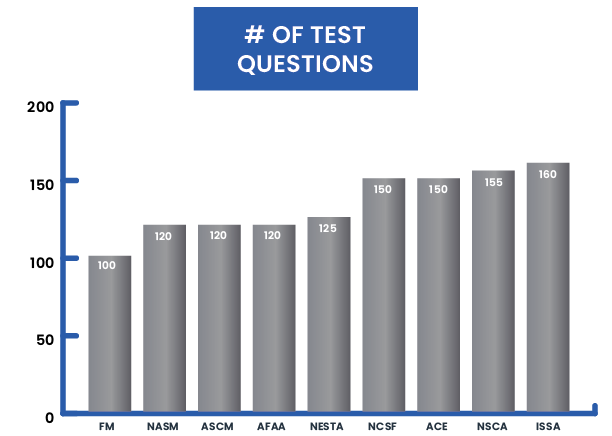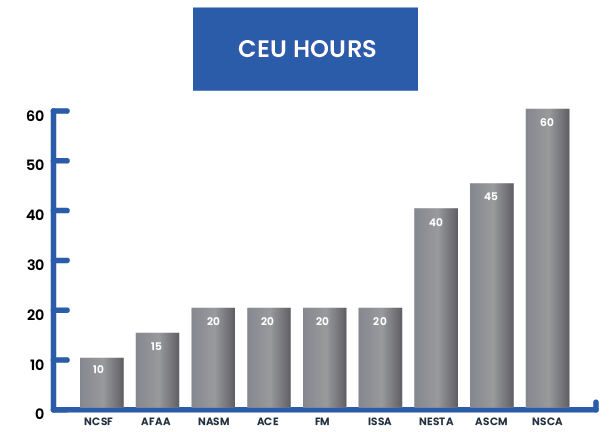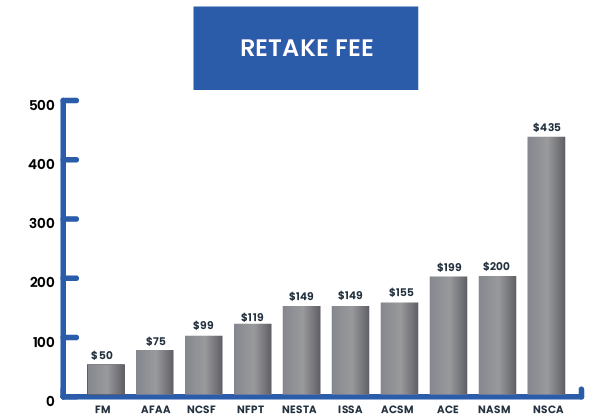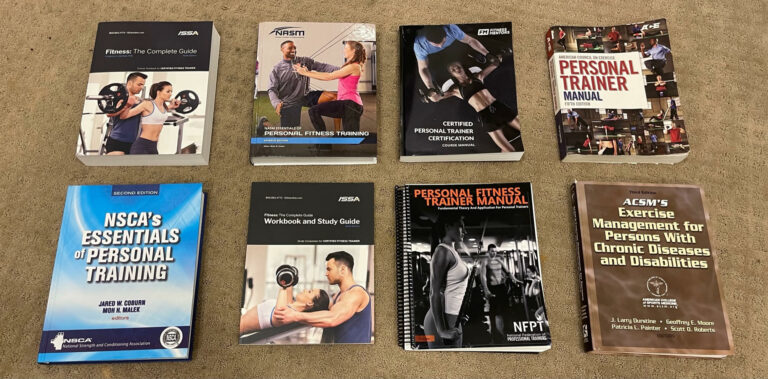Depression is a common mental health issue that can interfere with your emotions and your daily life. The level of depression an individual faces depends on the underlying cause, their history with depression, and responses to various treatment options. Depression can worsen with time, so it’s in your best interest to seek treatment if you detect symptoms. If you don’t treat depression early, it can spiral out of control and reduce your standard of living.
Mental health professionals often prescribe medication and therapy as treatment options for depression. People can take antidepressants under medical supervision to improve their mood, and there are various forms of therapy like Transcranial Magnetic Stimulation (TMS) that have also been proven to be effective for forms of depression that are resistant to drugs. TMS therapy Naperville is a non-invasive treatment that stimulates the areas of the brain that control mood. This stimulation increases brain activity and the connectivity between brain cells after treatment.
As an alternative or addition to these treatment options, people suffering from depression can embrace fitness and lifestyle changes to manage and eliminate the symptoms of depression. Studies have shown that fitness-related physical activities can be as effective as medication in treating mild or moderate depression.
During exercise, the brain releases chemicals known as endorphins, which improves mood and reduces the feeling of pain. Physical activity also boosts the production of dopamine and serotonin, two neurotransmitters that regulate mood and the brain’s emotional response. A focus on fitness can aid with depression, along with lifestyle changes such as:
- Going to the gym
- Eating balanced meals
- Getting proper sleep
- Organizing one’s life
- Reaching out to supportive friends
- Creating time for self-care
- Finding new hobbies
Along with the biochemical benefits of embracing fitness and changing your lifestyle, these actions give people suffering from depression a sense of purpose and control over their lives. For example, going to the gym regularly gives them something to look forward to, a place to be, fitness goals to accomplish, and opportunities to meet and interact with new people. Depressed people of all ages, including seniors, can benefit from exercising.
Fitness and lifestyle changes are attractive forms of depression treatment, as they cost less than medical intervention and rely on the body’s natural biochemistry to produce results. However, it is worth noting that physical activity and lifestyle are not substitutes for professional medical care. In many cases, they work well, but if a person suffering from depression tries them and does not get results, they should visit a medical clinic for diagnosis and treatment.
While embracing fitness and lifestyle changes are effective against depression, they are not magical cures. People experiencing symptoms of depression should consult a medical practitioner for an extensive evaluation and a recommendation of the best treatment option for them. Fitness and lifestyle changes can offer adequate support to an existing treatment plan to hasten recovery. However, people can engage in them to help deal with mild or moderate depression before symptoms get worse.











